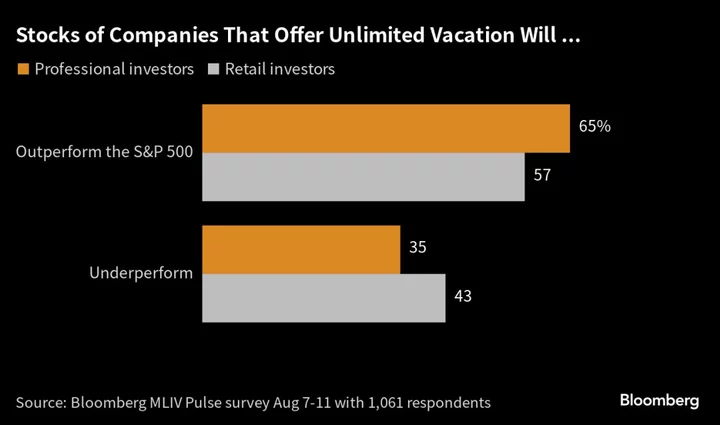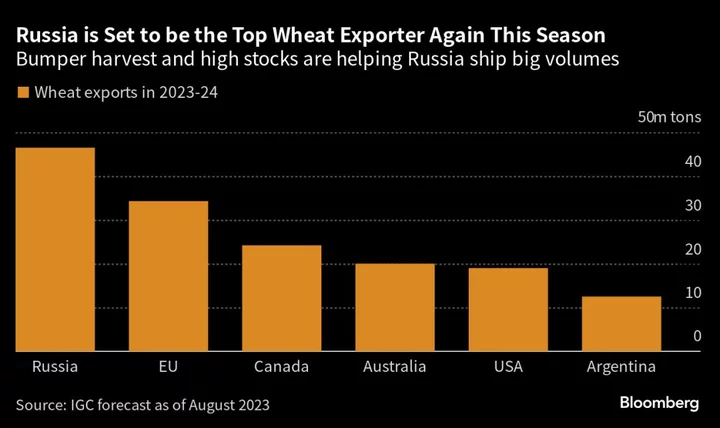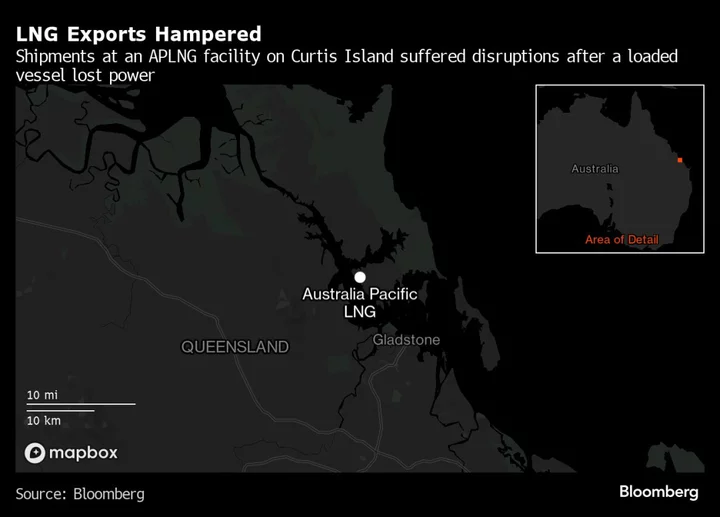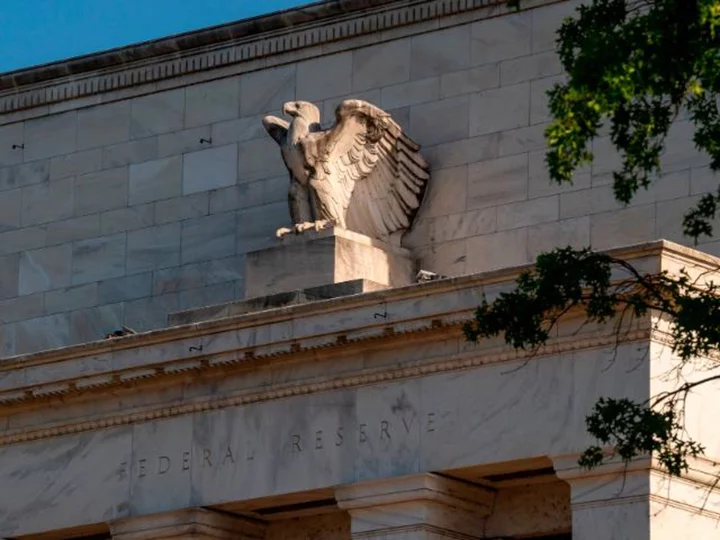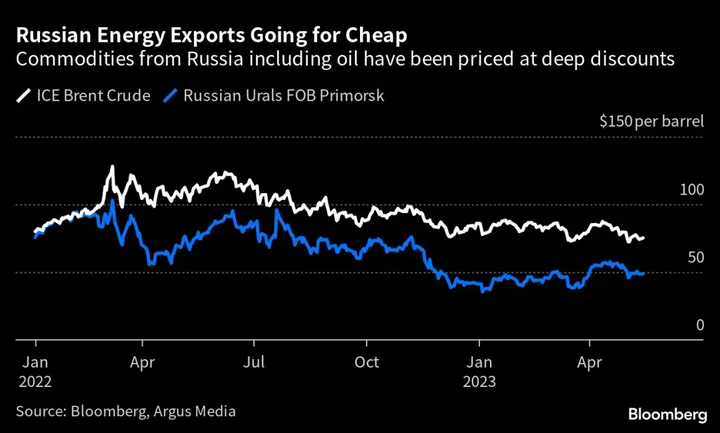Oil pared a two-day advance that was driven by speculation OPEC+ may choose to deepen supply cuts at a meeting this weekend.
Global benchmark Brent eased below $82 a barrel after rising more than 6% over the prior two sessions, while West Texas Intermediate neared $77. US oil options point to many traders betting that the producers’ group is poised to add to output curbs in a bid to reverse a recent slide in prices.
Ahead of the cartel’s meeting, traders will get fresh insights into US market conditions with the release of official figures on crude and product stockpiles, as well as gauges of demand on Wednesday. Nationwide crude inventories have expanded for the past four weeks to hit the highest since August.
Oil has had a bumpy ride this quarter, rocked initially by the outbreak of the war between Hamas and Israel. Indications that non-OPEC crude supplies are expanding have also buffeted prices, with the gains in production offsetting the impact of collective and voluntary reductions agreed by the Organization of Petroleum Exporting Countries and its allies including Russia.
“We see some scope for the group to do a deeper reduction,” RBC Capital Markets LLC analysts including Helima Croft said in a Nov. 20 note, referring to OPEC+. Although the group is broadly expected to maintain the existing supply reductions, “it is hard to make binding calls on policy action given the leadership’s fondness for unpredictable outcomes.”
In the Middle East, Hamas — designated a terrorist organization by the US and European Union — said it was close to reaching a “truce agreement” in talks with Qatar and Israel, in a sign that suggests discussions over freeing some hostages held by the militant group are progressing. Even with those discussions ongoing, the fighting in Gaza rages on.
Terminal users can click here for more on the Israel-Hamas War.
Timespreads, meanwhile, suggest looser near-term balances. The gap between the two nearest contracts for both Brent and WTI are in a bearish contango structure, when longer-dated futures trade at a premium to nearer ones.
To get Bloomberg’s Energy Daily newsletter into your inbox, click here.


